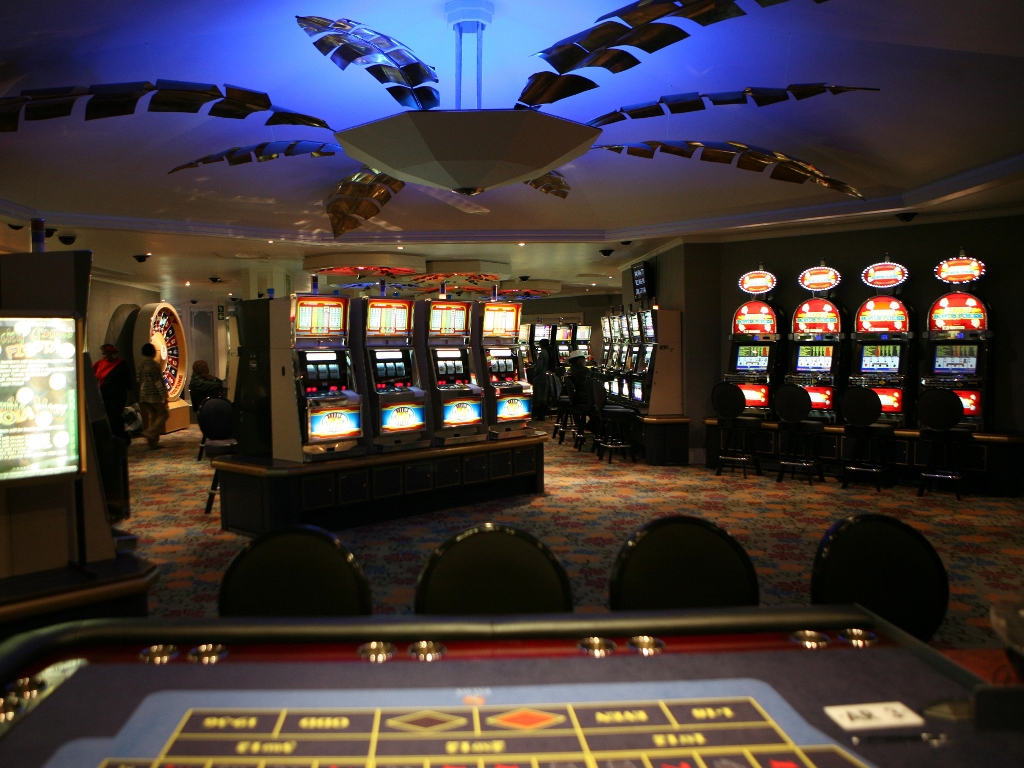Online gambling operates in a grey area in Namibia. Though gambling laws have been updated in recent years (2017-18), they do not adequately address online gambling. But this also means that there are no laws against betting online. Namibians are therefore free to bet at offshore online casinos and sportsbooks.
- Namibia Casino and Gambling Guide Namibia, officially the Republic of Namibia formerly known as German South-West Africa and then South West Africa is a country in Southern Africa. It shares land borders with Zambia and Angola to the north, Botswana to the east, and South Africa to the south and to the east.
- NAMIBIA GAMBLING AND ELECTRONIC SUPPLIERS Windhoek Namibia. SearchInAfrica.com - Business Directory and online map for information on business, community, government, entertainment & recreation for Africa.
- Namibia officially the Republic of Namibia formerly known as German South-West Africa and then South West Africa is a country in Southern Africa. It shares land borders with Zambia and Angola to the north, Botswana to east South Africa to the south and the eastern Namibia western border is the Atlantic Ocean.
Is Betting in Namibia Legal?
Gambling is legal and regulated in Namibia. The government passed the Casino and Gambling House Act (Act 32) in 1994, which regulates casinos and gambling houses offering numerous types of gambling under the one roof, including slot machines, table games and poker. The Act established a Casino Board and made provisions for the licensing and supervision of gambling operators.Within two years of legalized gambling in Namibia, the government became concerned about the proliferation of small gambling houses, which have made gambling more accessible to the Namibian people. The Namibian government took steps to deal with the number of gambling houses and Act 28 of 1996 imposed a 10-year moratorium on the issuing of new gambling licenses.
Popular Sports in Namibia?
Sports have a very important place in Namibia society, Namibia loves sport and there are a huge range of sports and markets available at our recommended Namibia betting sites. The most popular sports are football, rugby union, cricket, golf and fishing.
Sports Betting Payment Methods in Namibia?
There are several ways through which bettors can deposit and withdraw winnings. Of course, so that operators keep running safe platforms, every money transaction must be transparent. In this way, the credit and debit cards of VISA and MasterCard are commonly accepted. But there are also alternatives that are as efficient. These include Skrill, Neteller, PayPal or PaySafeCard.
Betting Sites Review Links in Namibia
Namibia to Ease Up On Gambling
Namibia’s government has announced plans to publicly revoke its banon the distribution of gambling licences. This would create a lot more jobopportunities and economic prosperity in the country and reflects the face thatNamibia, like the rest of Africa, is trying to capitalise on the gambling surgethat is sweeping the continent.
Namibia’s Current Gambling Laws
The NamibianCasino and Gambling House Act has regulated the industry since 1994, andestablished the Casino Board to licence and supervise operators. The countryresponded enthusiastically, and soon there were several establishments, ofdifferent sizes, spread across Namibia.
The sheer number of casinos was difficult to manage, and thegovernment imposed a 10-year moratorium on issuing any new licences in Act 28of 1996. Although this was technically lifted in 2006, no new land-basedcasinos have been established since then.
At the moment there are only 3 legal establishments in the country –2 in capital city Windhoek, and 1 in Swakopmund. Offshore online sites canoperate without facing repercussions, and many of the best operators welcomeNamibian players. As long as the casino or sportsbook is regulated by trustedauthorities, bettors should be safe.
Hundreds of Unlicensed Casinos
The 3 regulated Namibian casinos are, of course, just the tip of the iceberg. Some reports say that the number of unregulated establishments now is about 260; Tourism and Environment Minister Pohamba Shifeta puts the figure at around 3000. In addition, Shifeta says that there are close to 100,000 unlicensed gaming machines in the country – and these could potentially change if international companies such as Betway gets access to the market.
Unregulated operations leave players unprotected, and mean that thegovernment misses out on billons of tax revenue. In addition, regulatorsusually require casinos and bookmakers to support responsible gamblinginitiatives so that players can get help when experiencing problem behaviours.
As the gambling industry in Namibia and the rest of Africa continuesto grow exponentially, many countries are recognising the importance ofsecurity and taxation, and are implementing more regulatory measures. Byimposing more structure while also loosening monopolies, governments stimulatethe sector and allow for more growth.
Proposed New Gambling Act

Namibia Gambling Machines
Namibia’s government wants to replacethe existing 1994 legislation with the Gaming and Entertainment ControlAct, which will be revised to be more suitable for today’s industry. Alloperators will be monitored via a central control system, so the range ofsecure playing options will increase exponentially. The expected correspondingclimb in revenue will go a long way to boosting the economy.
Namibia Gaming
Potential for Online Regulations
Namibia Gambling Act
The combined gambling industry in Africa is predicted to reachannual profits of over $40 billion in the near future, and online casinos andsportsbooks are huge contributors to these earnings. That makes desktop andmobile players as susceptible to exploitation, temptation to gamble irresponsiblyand mistreatment as their land-based counterparts, if not more so because thereare so many more gaming establishments at their fingertips.

Namibia Casino
In addition, of course, online gambling can generate huge revenuefor governments if they are regularly taxed. Currently Namibian players areprotected if they play at licensed offshore sites, but the country’s economy isnot benefiting. Proper online betting legislation could change that, but as hasbeen seen in several other countries around the world, changing these laws canbe a slow process. Hopefully the new Gaming and Entertainment Control Actheralds the start.